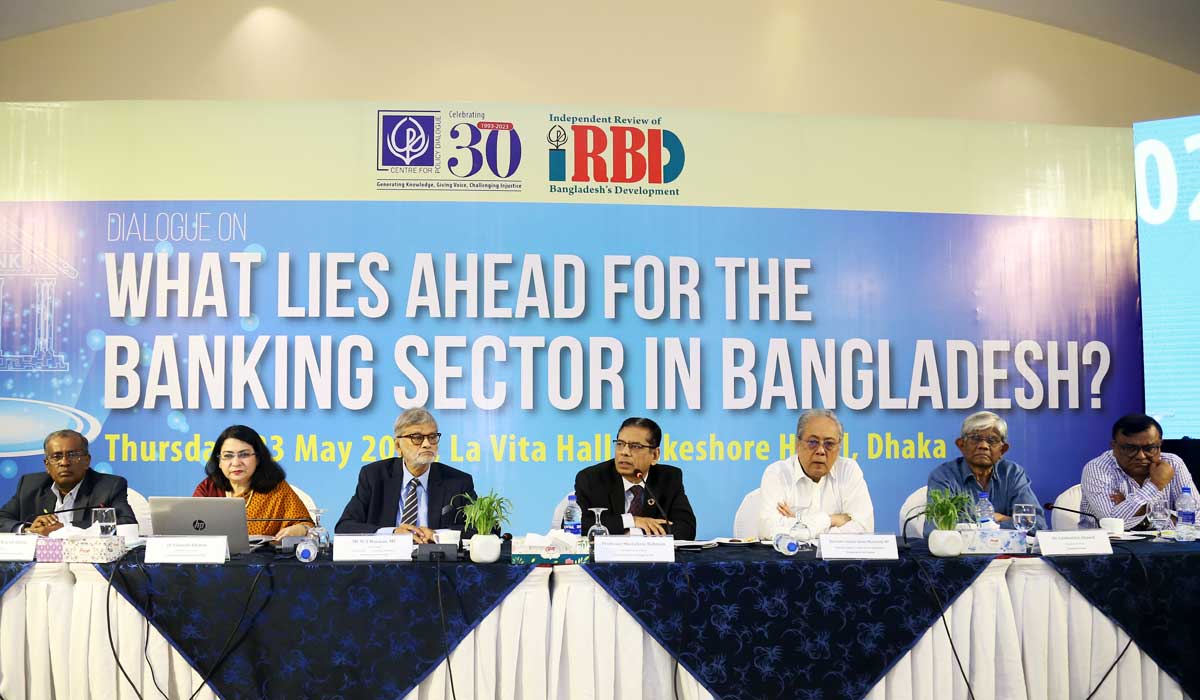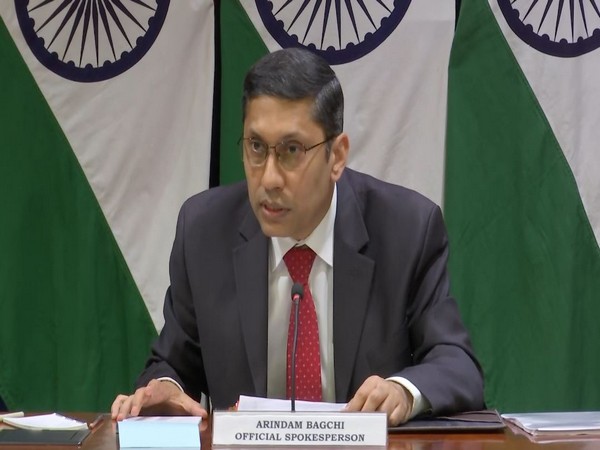Public trust in the banking sector of Bangladesh has been eroded due to the continuous deterioration in its health and inadequate measures by policymakers, said Dr Fahmida Khatun, executive director of Center for Policy Dialogue (CPD). She pinpointed a lack of accountability and transparency in operations of Bangladesh Bank during a dialogue titled ‘What Lies Ahead for the Banking Sector in Bangladesh?’ on Thursday in Dhaka.
She said, the non-performing loans (NPL) have more than tripled over the last 10 years. She further said that stressed assets of banks stood at Taka 3,77,922 crore, which include rescheduled loans, NPLs and loans in special mention accounts that demand immediate attention. She underscored the necessity of implementing a comprehensive reform agenda, focusing on reducing NPLs and establishing good governance to address the banking sector’s challenges.
‘The banking sector of Bangladesh has grown in terms of the number of institutions, types of financing instruments, and asset volumes, however, it faces significant challenges due to malpractices, scams, corruption, and heists,’ said Professor Mustafizur Rahman, Distinguished Fellow, CPD. He added that ‘there is a tendency for privatisation of profits and nationalisation of losses, which we must avoid’.
Commenting on the lack of good governance, Dr Salehuddin Ahmed, Former Governor of Bangladesh Bank, said there was a regulation that if any entity of a business group became defaulter, the business group will not be eligible to get credits from the banking system. But now that rule is changed. All other entities of a business group excepting the one that defaulted are eligible to get formal credits. It means a business group will take loans and become willful defaulters and use other arms to get loans.
Dr Salehuddin said, ‘It is uncommon worldwide for governments, business owners, and bank owners to independently own and operate banks. Diversifying ownership of each bank could lead to better governance.’
To get over the situation, the Experts also suggested that the central bank should not change its regulatory decisions too frequently and properly exercise its autonomous power without bowing to any vested quarter to ensure good governance in the financial sector.
By, Navalsang Parmar, Dhaka



















